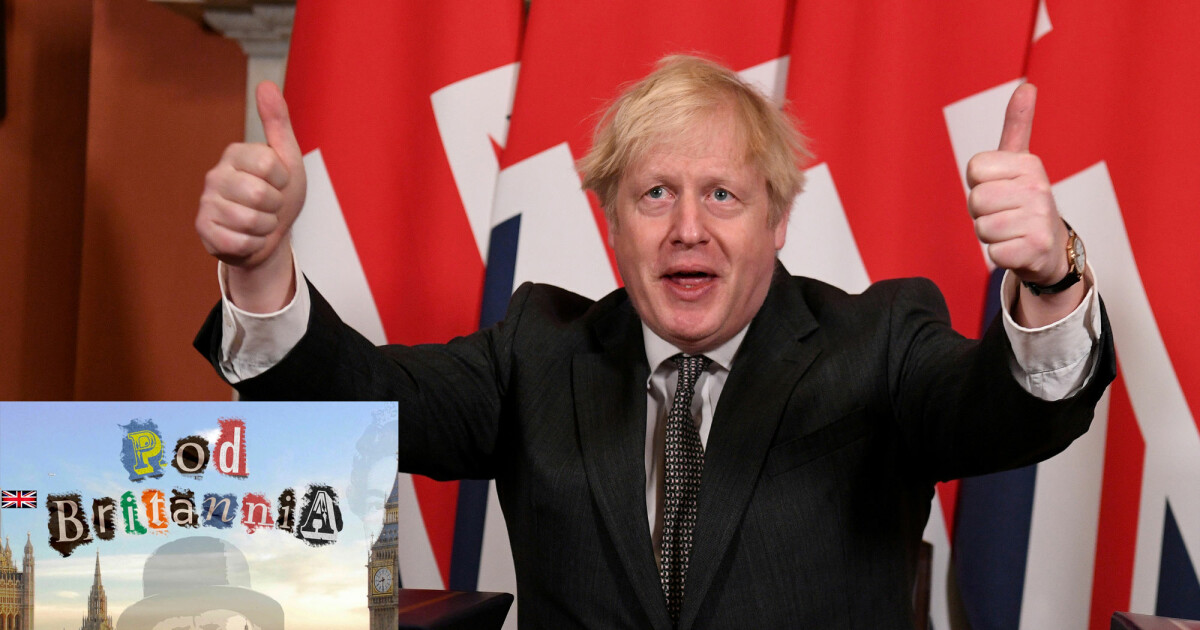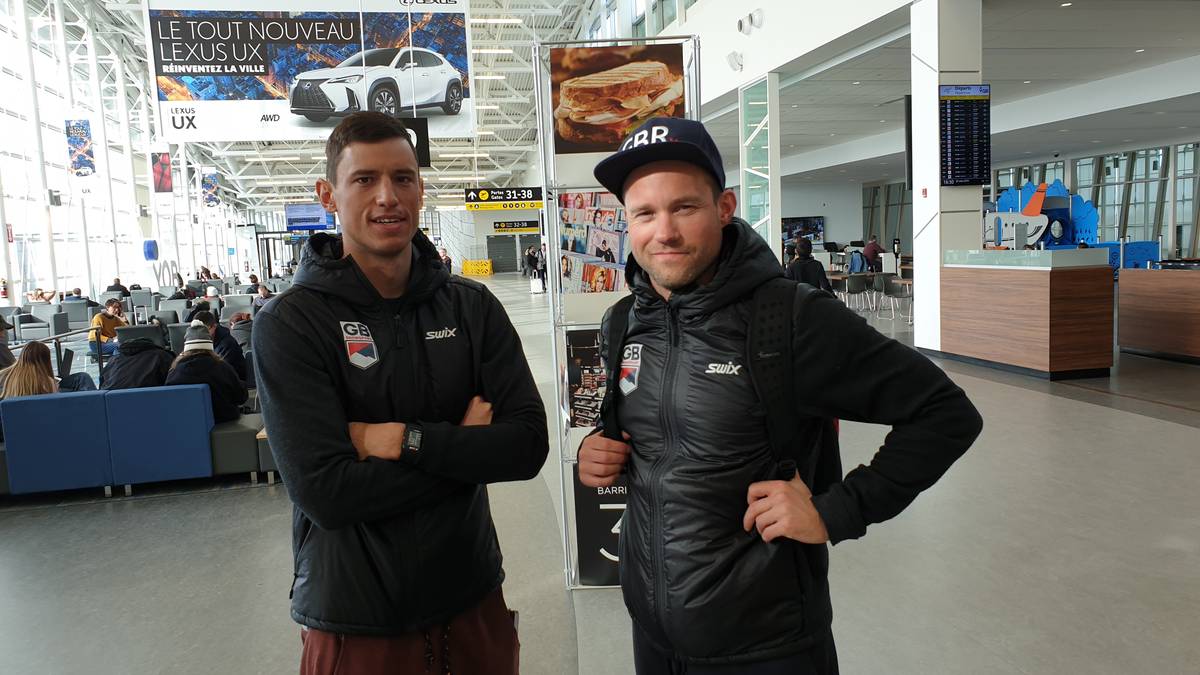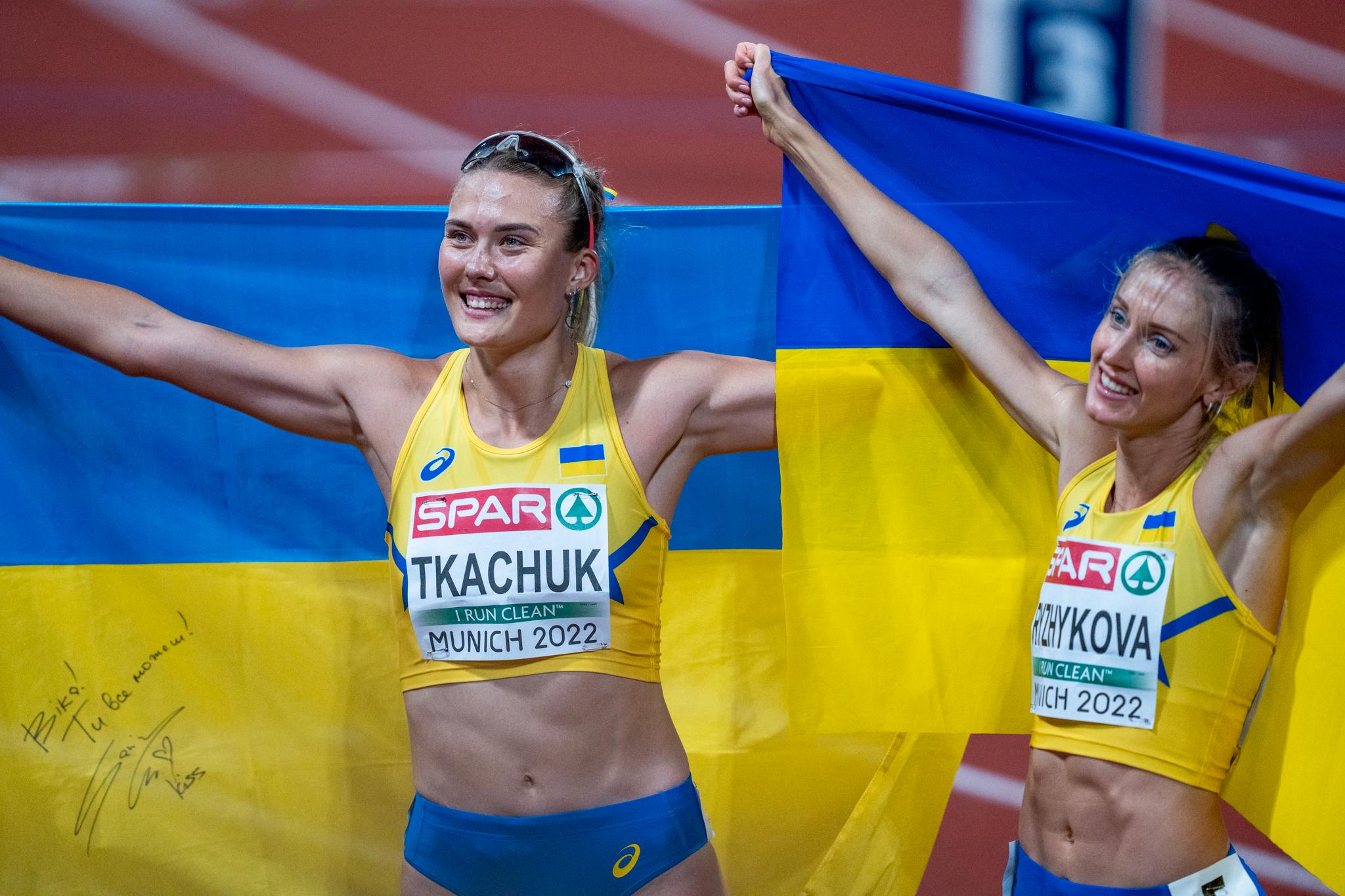PODCAST: On Christmas Eve, EU and UK struck a deal. What is it about and how will it shape the relationship between them in the future?
The British Prime Minister said that this was a victory for Britain and that the country had now regained its own freedom. We can do things better and differently, said a gleeful Boris Johnson on Christmas Eve.
-This is a clear win for Johnson and the British government. A thin deal is better than no deal. And that’s the alternative, says ivind Bratberg.
1246 pages
The cooperation agreement with the EU is 1246 pages long and includes new regulations on what was previously the free movement of goods, services and people. Trade in goods remains duty-free, but does not account for the free flow of services. Services account for up to 80 per cent of UK GDP, and financial services (The City) are particularly affected by the fact that they are not included in the new agreement.
Free labor immigration from EU countries to UK is no longer possible, nor can UK citizens live, work and study in continental Europe without a visa. The exception, of course, is tourism. The UK had to introduce a new immigration system and re-establish border posts and customs, which were gradually reduced over the UK’s membership period between 1973-2020.
The UK also does not have access to EU security and other intelligence databases as it currently does.
But cooperation agreements are not put on stone, they are fluid, and talks between the EU and the UK will continue in the future.
The UK has accepted many EU regulations to gain access to internal markets, while they themselves have made compromises in fisheries policy. Through their unions, the fishermen have expressed great disappointment at the UK government’s leniency.
Disgruntled Scots
The Scots were also unhappy with the agreement, and Scottish Prime Minister Nicola Sturgeon was quick to tweet that “Scotland is coming back soon, keep it up”. In Scotland, 62 per cent voted to remain in the EU in 2016. The Scottish Nationalist (SNP) desire for independence from the British Union may be strengthened by this agreement.
In May, there was an election for the Scottish Parliament and with a majority there, the SNP was one step closer to a new referendum. The former was held in 2014, and then 55 per cent wanted to remain in the British Union. There are many indications that the pipeline has now taken a different voice, especially with regards to Brexit, the divorce agreement with the EU from 2019 and now this cooperation agreement.
British Northern Ireland is currently an exception to the treaty. The EU and UK have decided to keep the border on the island of Ireland open, meaning that Northern Ireland will be more closely linked to the EU than the rest of the UK. This means that the border between the EU and Great Britain stretches across the Irish Sea and thus leads to customs control in the country of Great Britain.
Britain has also signed an agreement with Spain to keep the border between British Gibraltar and Spain open.
Symbol Breaker
In the final negotiations between the parties, Prime Minister Johnson and the British Government were concerned about a strong symbolic issue. Sovereignty and autonomy are important principles for the UK now that they have left the EU.
At Johnson’s own press conference on Christmas Eve this was emphasized, and thus the deal was presented as a win for England. But most of the agreements are still mainly on EU terms. The more it is renegotiated and changed, the closer the cooperation between the EU and the UK will be.
Such a cooperation agreement does not mean that everything is as it was before. Nothing stays the same as before, even with a deal. And those of us who think that the end of the transition period is the end of the Brexit process must believe again. The Brexit debate will follow us in the years to come, and apart from the European Union, the debate about the UK will also intensify in the years to come.
This year Pod Britannia first episode did you meet Erik Mustad, professor at the University of Agder and ivind Bratberg, professor at the University of Oslo, in conversation with Trine Andersen, editor-in-chief of britiskpolitikk.no. They discussed the content of the agreement and how the text of the agreement will shape the future relationship between the EU and the UK.
You can also find episodes on itunes and Spotify and on the website britiskpolitikk.no, which is behind the podcast.
Here you will find several episodes:

“Problem solver. Proud twitter specialist. Travel aficionado. Introvert. Coffee trailblazer. Professional zombie ninja. Extreme gamer.”



:quality(70)/cloudfront-eu-central-1.images.arcpublishing.com/mentormedier/NBEATS6T3BJJH7K3BNTFA7RH5Q.jpg)

